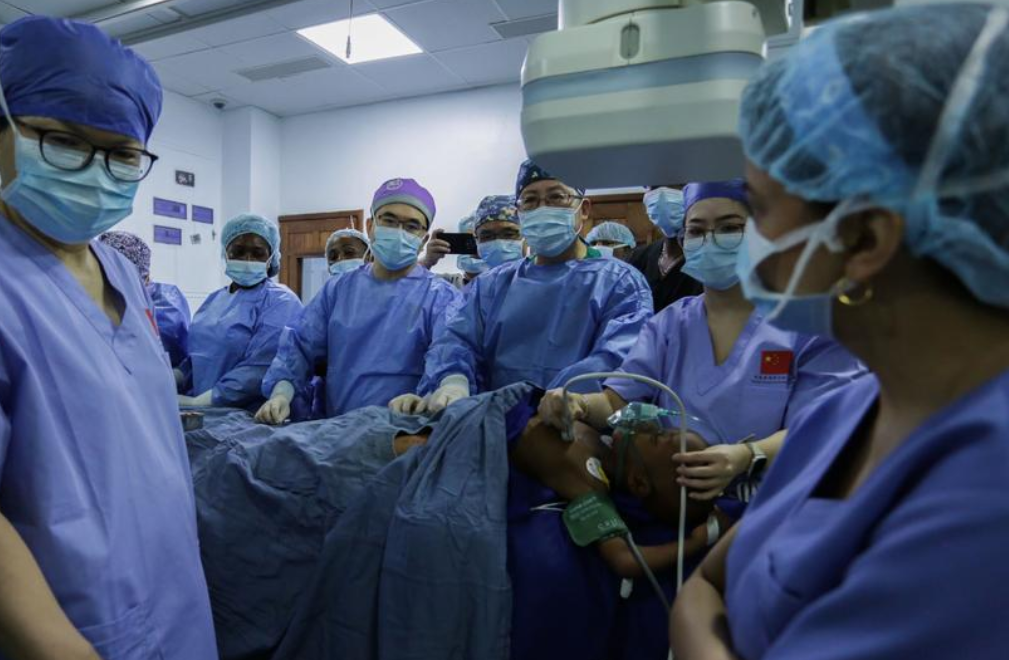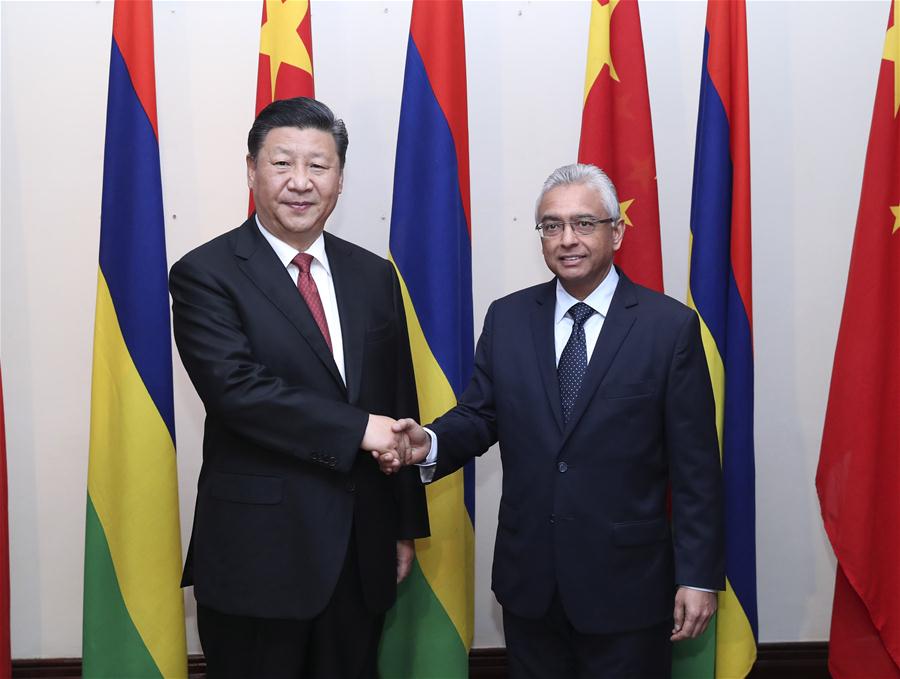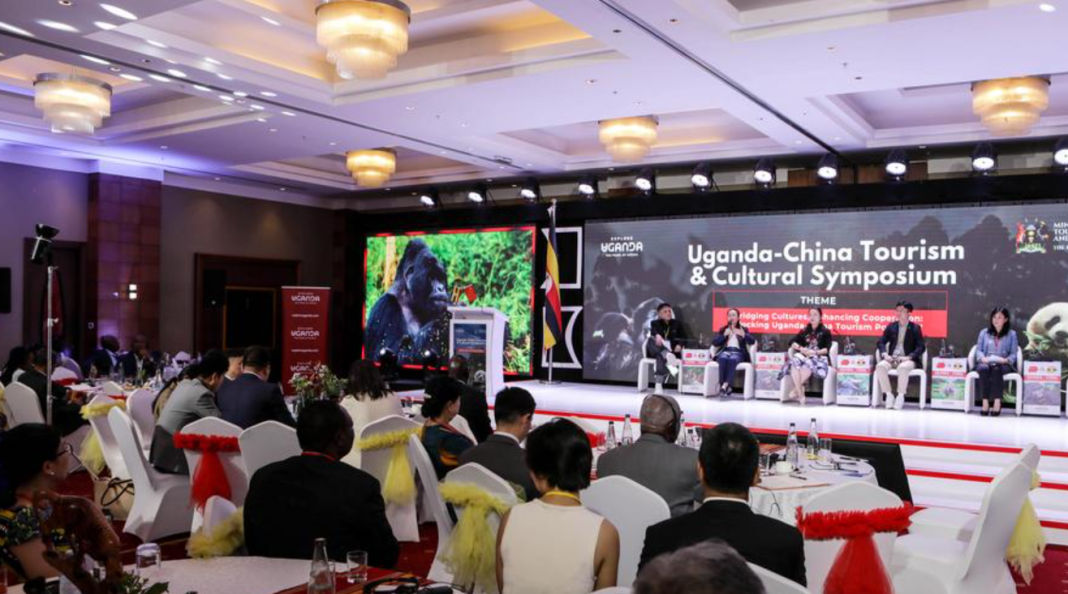In a heartwarming display of medical cooperation between China and Tanzania, five children aged between three and seven have successfully undergone cardiovascular surgeries using the revolutionary PAN-Procedure at the Jakaya Kikwete Cardiac Institute (JKCI) in Dar es Salaam.
The procedure, pioneered by Professor Pan Xiangbin of China’s Fuwai Hospital, relies on ultrasound imaging rather than traditional fluoroscopy, treating cardiovascular diseases through peripheral blood vessels without requiring open-heart surgery or radiation exposure.
The surgeries were conducted by a team of Chinese medical experts, Tanzanian specialists from the JKCI, and a member of the 27th Chinese medical team stationed at the institute. For the families of the young patients, the successful operations bring new hope and a brighter future. Husna Shabaan Kingwande, a 22-year-old mother from Tanzania’s Coast region, was overjoyed to learn that her three-year-old son Ikram’s surgery was a success. “I wholeheartedly thank the Chinese doctors and their Tanzanian counterparts for giving my son a new lease on life,” she said, tears streaming down her face.
Similar sentiments were expressed by other parents, including Ajili Anthony Msunza and Violet Samuel Mkonwa, whose children Noreen and Emmanuel also underwent successful operations. The PAN-Procedure represents a significant advance in interventional cardiology, allowing patients to remain conscious during treatment and eliminating the need for radiation-intensive catheter labs. According to Professor Pan, “This procedure is not only safer and more effective but also makes cardiac intervention accessible in community clinics.”
The training session on the PAN-Procedure, which attracted about 50 Tanzanian cardiologists, highlighted the procedure’s potential in addressing Tanzania’s significant burden of cardiovascular diseases. Theophylly Ludovick, a pediatrician at the JKCI who was recently trained in China on PAN-Procedure techniques, emphasized the importance of the collaboration between China and Tanzania in saving lives and strengthening bilateral ties.
The JKCI’s executive director, Peter Kisenge, noted that the new technology could significantly boost the institute’s capacity, increasing the number of annual procedures from 783 to over 2,000. “This innovation not only addresses the high prevalence of cardiovascular diseases but also strengthens the bond between China and Tanzania,” he said.
Since its establishment in 2013, with support from the Chinese government, the JKCI has become the largest and most advanced cardiovascular treatment center in East Africa. The introduction of cutting-edge technology like the PAN-Procedure continues to build on its legacy, offering hope to thousands of Tanzanian families and fostering a deeper connection between the two nations.






